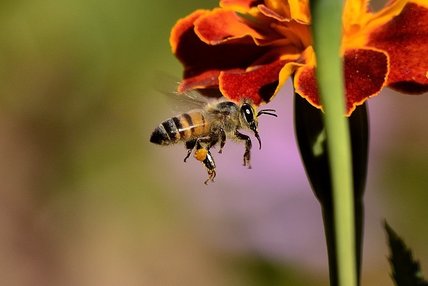|
By Brian Millward Sometimes I wish that humans were disconnected from nature. I imagine this wonderland where our global population has no effect on the natural world. Everyone just goes about their day as normal, without any ramifications. Then reality sets in and I have to face the facts that our actions do have an impact on the world around us, and I mean every action! Already as I sit here on my laptop (electricity consumption), drinking my green tea (agriculture and transportation), and wearing my pajamas (water pollutants and waste) I have probably single-handedly wiped out a species of microbe! It seems almost impossible to think of an activity we do that doesn’t jeopardize the biodiversity on Earth, including our own species survival. That’s the hilarious part about conserving biodiversity – it’s not about the millions of species of plants and animals, but about us. Our very existence is dependent on the services that plants and animals provide for us here on Earth. There’s pollinators that keep our crops healthy, medicinal plants that heal us, and plants and animals that nourish us. There are even microscopic creatures that decompose our waste, and phytoplankton that create oxygen that we breathe! Our reliance on the species with which we share this planet is staggering. Yet we continue to have a delusion of superiority towards all other life forms. However, we are far from perfection. For instance, the value of pollination by bees is estimated around 16 billion dollars in the US alone! Without that ability to effectively pollinate, which has taken millions of years to evolve, we would not be able to enjoy many of the fruits and vegetables we consume. There are countless examples of how dependent we are on the natural world around us. As much as we try to break away from the laws of nature, we constantly are reminded of our place in the world. The recent decline in bee populations is one of the rude awakenings we have had to face. As we threaten more and more species, it is difficult to know just how hard our economies and societies will be hit. When Nicolaus Copernicus discovered that the Earth revolved around the Sun, it forced humans to accept that we are not the center of the Universe. Well I’m here to burst our bubble again, because we’re also not the center of our own planet. Our natural world consists of countless connections between organisms that interact and affect one another. If we’re going to flourish in this world we will have to enter into a new era of selfishness. A new selfishness where we preserve and protect other species because without them, our existence is compromised. While it’s totally okay for us to care about ourselves, we have to understand that the well-being of other species directly affects us in every way. What’s in it for you? Everything. This blog is also posted on Earth Unfiltered.
1 Comment
|
ELB MembersBlogs are written by ELB members who want to share their stories about Ontario's biodiversity. Archives
January 2023
Categories
All
|



 RSS Feed
RSS Feed